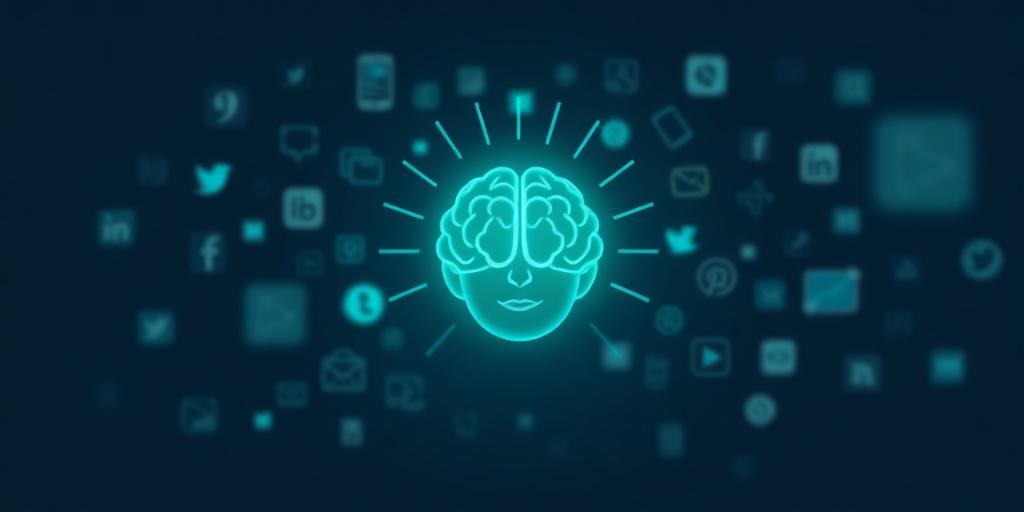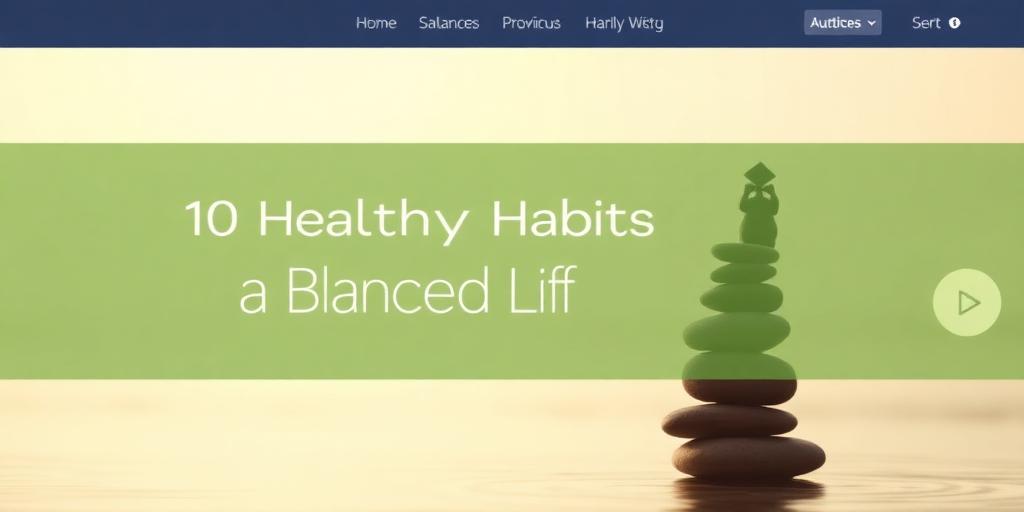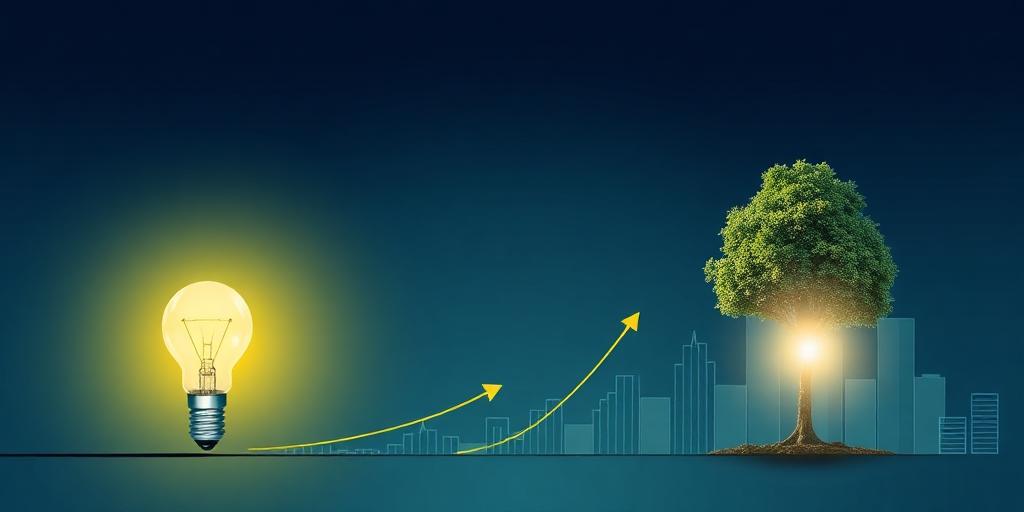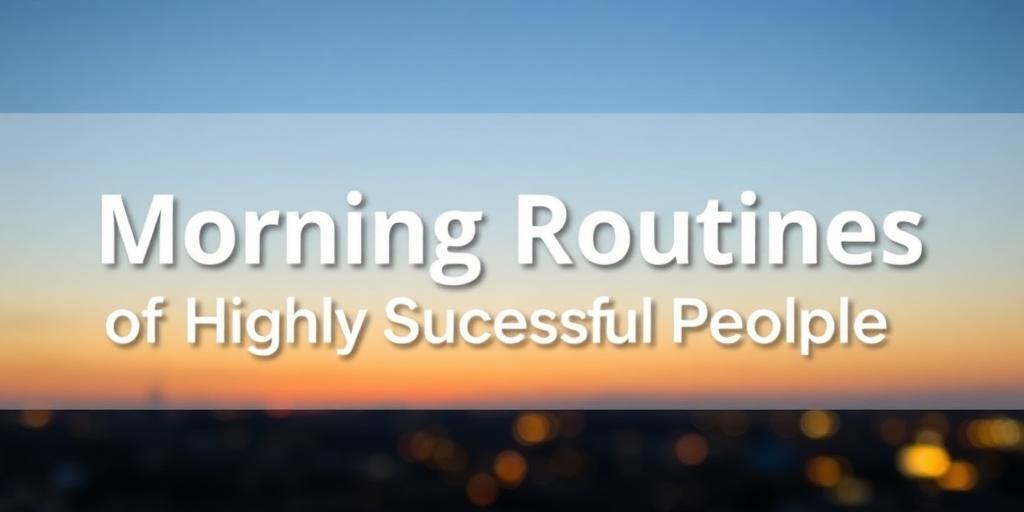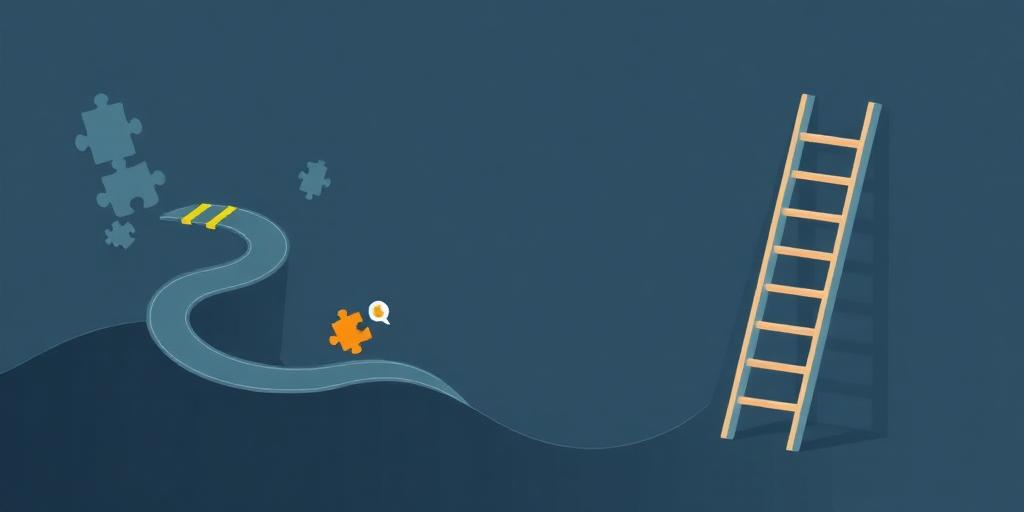In an era defined by constant digital stimulation and perpetual connectivity, maintaining sustained focus has become an increasingly formidable challenge. The pervasive nature of notifications, the allure of social media, and the incessant flow of information collectively conspire to fragment our attention, diminishing productivity and cognitive efficacy. This guide offers a comprehensive framework for cultivating and preserving focus amidst the modern world's relentless distractions, drawing upon established principles of cognitive psychology and practical productivity methodologies.
Understanding the Modern Distraction Landscape
The first step toward reclaiming focus is to acknowledge the sheer volume and insidious nature of contemporary distractions. Our brains are hardwired for novelty, making them particularly susceptible to the immediate gratification offered by digital alerts and infinite content feeds. This constant switching between tasks, often referred to as 'context switching,' exacts a significant cognitive toll, eroding deep work capacity and creative potential. Recognizing these patterns is crucial for developing robust counter-strategies.Strategic Digital Disengagement
One of the most impactful strategies involves deliberately reducing digital intrusions. This is not about complete technological abstinence but rather about establishing boundaries and intentional usage.- Notification Management: Disable all non-essential notifications on smartphones and computers. Prioritize 'do not disturb' modes during designated work periods.
- Scheduled Digital Breaks: Instead of reactive checking, allocate specific, brief periods throughout the day for email, messages, and social media. This transforms reactive browsing into proactive management.
- App Usage Audits: Regularly review which applications consume most of your attention. Consider uninstalling or restricting access to those that prove to be significant time sinks.
Cultivating a Conducive Environment
Your physical and digital surroundings play a pivotal role in your ability to concentrate. An optimized environment minimizes external stimuli and supports cognitive clarity.- Designated Workspace: Create a dedicated, clutter-free area for tasks requiring deep focus. Ensure it is organized and equipped with only the necessary tools.
- Noise Control: Utilize noise-canceling headphones or ambient soundscapes (e.g., white noise, instrumental music) to mitigate auditory distractions.
- Digital Decluttering: Organize your digital workspace. Close unnecessary browser tabs and applications. A clean desktop mirrors a clear mind.
Mastering Time and Task Management
Effective management of your time and tasks is foundational to sustained focus. Without a clear plan, attention naturally drifts toward the path of least resistance.- The Pomodoro Technique: Work in focused 25-minute intervals, followed by a 5-minute break. This structured approach helps train your attention span and prevents burnout.
- Prioritization Frameworks: Employ methods like the Eisenhower Matrix (Urgent/Important) to categorize tasks and ensure you are dedicating your focus to high-value activities.
- Single-Tasking: Resist the urge to multitask. Dedicate your full attention to one task at a time, completing it before moving on. This practice significantly enhances the quality of output and reduces errors.
Mindfulness and Cognitive Training
Beyond external adjustments, internal practices can profoundly enhance your ability to maintain focus. Mindfulness and metacognitive awareness are powerful tools.- Mindfulness Meditation: Regular meditation practice trains the brain to observe thoughts without judgment, improving attention regulation and reducing mind-wandering. Even a few minutes daily can yield significant benefits.
- Regular Breaks and Movement: Short breaks, especially those involving physical movement, can refresh the mind and restore focus. Step away from your workspace, stretch, or take a brief walk.
- Adequate Sleep and Nutrition: Fundamental to cognitive function, ensuring sufficient restorative sleep and a balanced diet directly impacts your ability to concentrate throughout the day.

